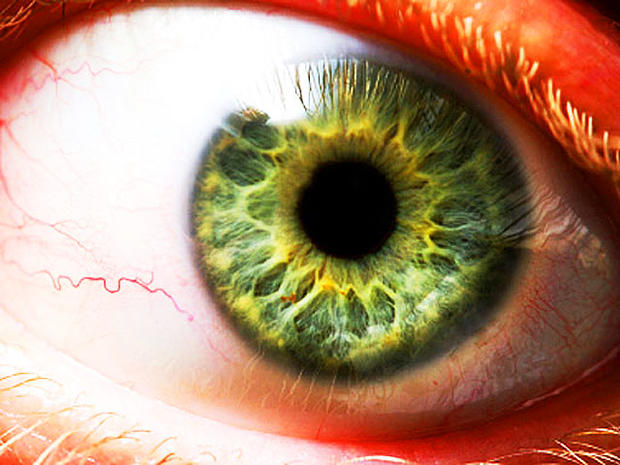Marijuana: 7 Health Myths Up in Smoke
But it's shocking how little many of us really know about the little green plant. Is it addictive? Does it cause really lung cancer or knock out your immune system?
Do you know? Find out...
MYTH: Marijuana Is a "Gateway" Drug
But pot does serves as a "gateway," says Dr. Karen Van Gund, associate professor of sociology., mainly for young people who are poor, unemployed, and subjected to severe psychological stress.
In other words, the path to other drugs is not necessarily the pot, but rather the potholes young people encounter on the road.
MYTH: Marijuana Can Make You Crazy
Some users do experience anxiety and paranoia, and too much weed can cause toxic psychosis. That's when you lose contact with reality. The effects are temporary.
The National Institute on Drug Abuse (NIDA) says that although depression, anxiety, and personality disturbances are linked with chronic use, it is not clear whether pot causes those problems or is used to "self-medicate" against them.
MYTH: Marijuana Is Great for Glaucoma
And in some ways, typical medication is better because it can be delivered in controlled doses. It's hard to know how much THC (the active ingredient in weed) you get from smoking a joint.
MYTH: Pot Doesn't Harm Your Lungs
But the evidence, at this point, doesn't seem to back up the theory. A large study in 2006 found no link between weed and lung cancer - this to the surprise of the UCLA research team, whose members expected to find a correlation.
MYTH: Pot Is Not Addictive
Myth: Marijuana Definitely Destroys the Immune System
According to the National Institutes of Health, research shows THC has a negative effect on various immune cells, but there are no human studies to date which connect that effect with increased infection.
A 2002 study found that marijuana certainly has an effect on the immune system, "however, because of the complexity of the immune system, we can't say yet whether the effect we've observed in humans is good or bad," UCLA scientist Thomas Klein wrote.
Animal research seems to suggest trouble, but the NIH says the matter warrents more research.
Myth: Policy Change Is Inevitable
This was done in the hopes of making it easier for researchers who want to study medical marijuana to get their hands on enough of it. This is an issue, because pot is a Schedule 1 controlled substance. That means it's in the same category as heroin.
Still, the AMA states that they do not think there is evidence that marijuana "meets the current standards for a prescription drug product."







